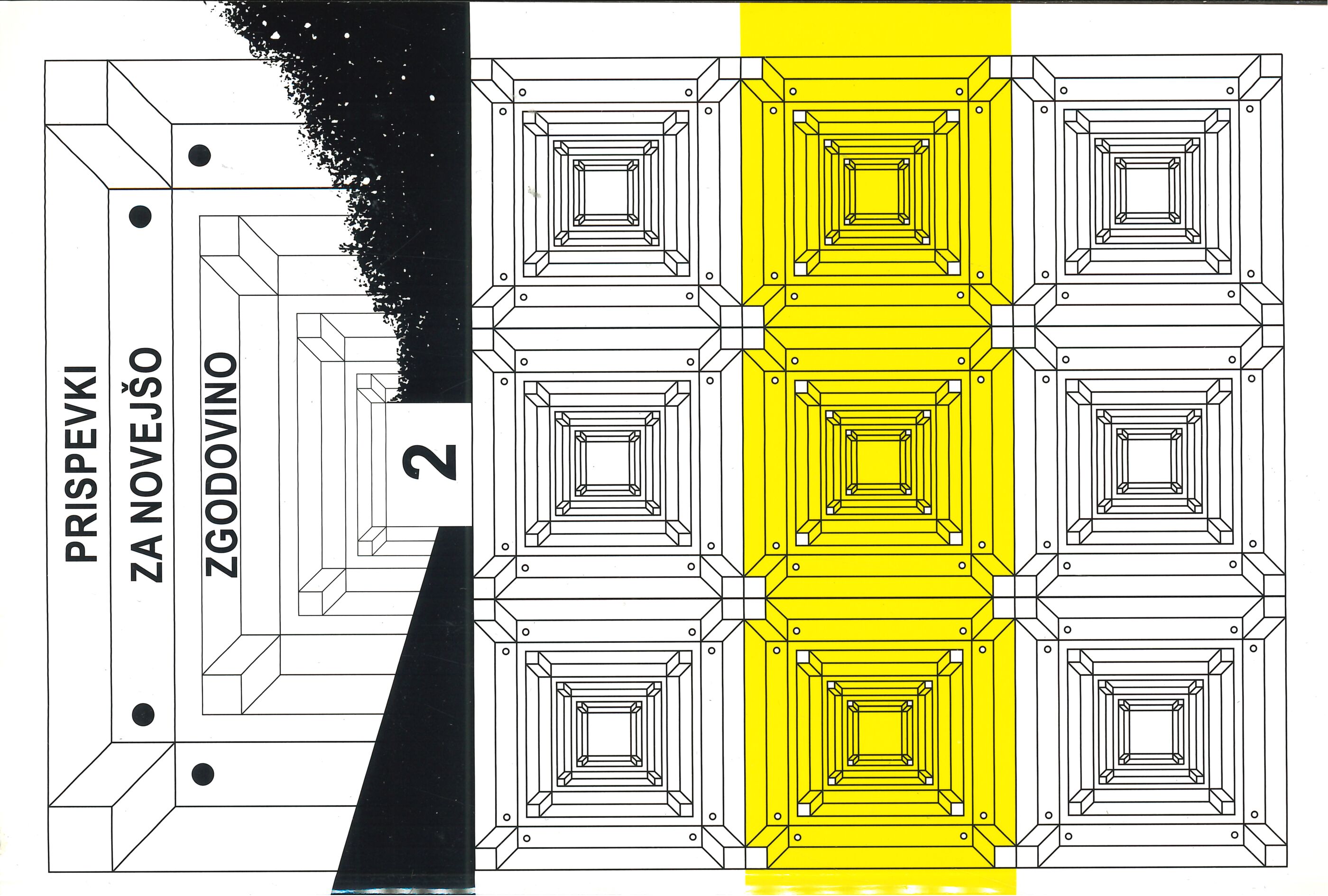Razmišljanja o demokraciji v avstrijski ustavni dobi in njeni recepciji na Slovenskem
Ključne besede:
Austria, 19th century, political history, democracy, nationalismPovzetek
REFLECTION ON THE DEMOCRACY IN THE AUSTRIAN CONSTITUTIONAL PERIOD AND ITS RECEPTION IN SLOVENIA
In the following contribution the author analyses the basic levels of the Austrian democracy after 1848 (or after 1861). The Austrian political space became notably more democratic in the second half of the 19th century and could then easily be compared with the »modern« European democracies (England, France). The implementation of municipalities (or local self-government) introduced completely new dimensions into politics and quickly became the foundation which the more representative institutions of the Austrian representation system were »built« on. The voting right depended on the municipalities, young politicians gained experience here... In short: municipalities represented the »school« of Austrian democracy. The main factor of democratisation may have been the (initially quite limited) elections, but the electoral reforms had the greatest »merit« for political democratisation. As the political rights expanded, an increasing number of people en- tered politics or became a key factor in the formation of the parliamentary majority. Furthermore, this process coincided with the process of nationalisation. Thus before the turn of the century, on one hand, the modern national structure of the population (and space) was formed (also in Slovenia); while on the other hand the constructed nations (which finally established all of the infrastructure needed for defining a nation) kept »learning« the modern democratic discourse.
Prenosi
Objavljeno
Številka
Rubrika
Licenca
Avtorji prispevkov, objavljenih v tej reviji, soglašajo z naslednjimi pogoji glede avtorskih pravic:
- Avtorji ohranijo avtorske pravice, reviji pa odobrijo pravico do prve objave. Delo se hkrati zaščiti z licenco za prosto uporabo avtorskih del (Creative Commons Attribution License), ki drugim osebam omogoča deljenje dela ob priznanju avtorstva in prve objave v tej reviji.
- Avtorji lahko sklenejo ločene dodatne pogodbene dogovore za neizključno distribucijo različice dela, objavljene v reviji, (npr. oddaja v institucionalni repozitorij ali objava v knjigi) z navedbo, da je bilo delo prvič objavljeno v tej reviji.
- Pred postopkom pošiljanja in med njim lahko avtorji delo objavijo v spletu (npr. v institucionalnih repozitorijih ali na svoji spletnih strani), k čemer jih tudi spodbujamo, saj lahko to prispeva k plodnim izmenjavam ter hitrejšemu in obsežnejšemu navajanju objavljenega dela (glej The Effect of Open Access).


